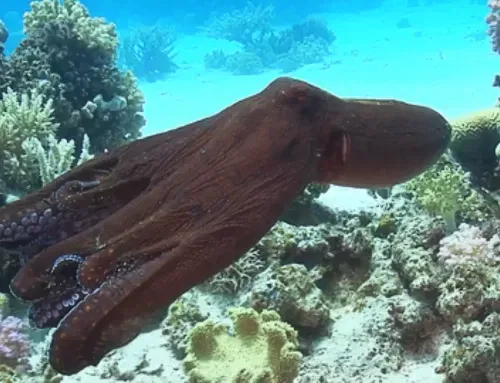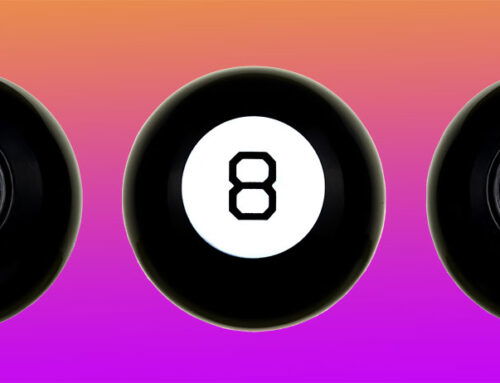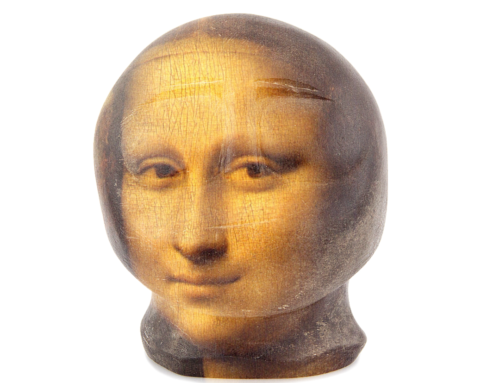Ask yourself to distinguish between a novelist and a scientist. You will no doubt say that the novelist writes narratives derived from his or her imagination and past experiences. Novelists thrive on subjectivity. The scientist, you may say, probes nature objectively, and keeps an arm’s length away from subjectivity. The writer depends on himself to create a story in an imaginary world; the scientist makes observations that are beyond dispute in stark reality. Science has become synonymous with facts and has outgrown the antiquated labels of metaphysics and philosophy. Except for rare exception, a scientist is considered an anonymous messenger of nature. By contrast, the writer creates an identity with a unique voice.
I understand that it’s the discoveries and its implications that interest science buffs or patients longing for successful treatments for disease, not the unknown names of the scientists. For novelists, however, sales often depend on whether Faulkner or Grisham or someone new on the scene wrote the story. The author is married to the novel, and vice-versa. To a large extent (not always), the author attracts the readers.
But scientists differ, as do artists, writers or individuals in any other profession, and scientific advances and viewpoints depend on scientists, not nature. The research of each scientist makes a characteristic footprint. To assume that all scientists have similar objectives and personalities is as mistaken as believing that all novels are similar because they have a plot with a predictable literary structure. The choice of project, manner of work (collaborative or solo), path followed and scope of interpretation reflect the scientist. Dispassionate findings alone are not sufficient accounts of a scientist’s creative life. Each scientist, like each writer and artist, has a distinctive voice.
I became a scientist from an artistic family background, and saw nature as a world of beauty and mystery that allowed interplay between discovery and, yes, even self-expression that resonated with art and literature. This did not obviate the critical role of testing and modifying hypotheses as the data dictated, but linking facts into a narrative was an important challenge to create meaningful science. These narratives bend to the whims of changing knowledge with the times.
My postdoctoral fellows over the years will attest to the fact that when they came to me despondent that their experiment did not work, that it would have been so nice if such and such happened instead of obtaining the confusing results that they did get. I would first sympathize. We all want to see some light at the end of the tunnel. Then I would congratulate them for becoming scientists at the highest and most challenging level: they were now ready to discover a new plot that did not simply reveal what they thought they knew or expected. It was like having a chance to read a great book without knowing how it ends. And what an interesting scientific story can develop! The plot thickens with new experiments, and new, unexpected endings never imagined when the project began begin to glimmer. The same is true for the novelist. As the story progresses and the characters develop, unexpected twists often follow pathways that were not seen when the author started the story. To paraphrase Robert Bausch, my friend and writer from whom I learned so much: “The elephant, too large to control, drives the story.”
Scientific data are as large as elephants.
I believe that there is no need to apologize for conducting basic research to satisfy curiosity or to rationalize a foreseeable medical or industrial relevance. The scientist’s responsibility is to integrity and excellence. The ivory tower need not be toppled because science discarded the label of metaphysics or philosophy. Fundamental, personally driven research can be as important as that targeted to medicine and technology.
Finally, I believe that acknowledging this humanity’s view of science would attract talented, imaginative and artistic individuals who would not have considered science otherwise. Science benefits from incorporating the full range of points of view, because science is a human activity and an interpretive field with nature as the medium. The bottom line for science is creativity, as with the arts and literature.






Leave A Comment